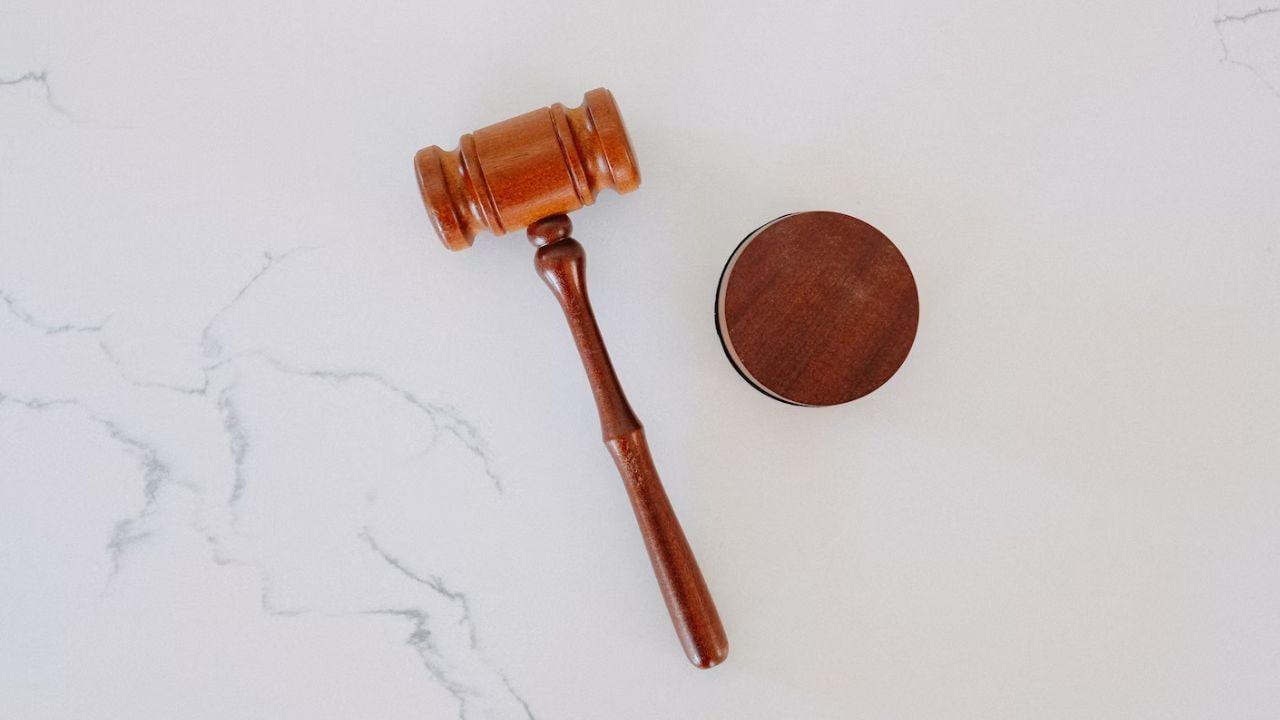The Bombay High Court on Wednesday deprecated the action of a customs commissioner to consider body massagers as sex toys so as to prohibit their import, according to a report by Bar & Bench.
A Bench of Justices GS Kulkarni and Kishor C Sant remarked that it was a figment of the commissioner’s imagination or his perception that the goods in question are prohibited items.
“It was clearly the figment of the Commissioner’s imagination and/or his personal perception that the goods are prohibited items…We may add that such thinking of the Commissioner was beyond anybody’s control.”
The Bench added that the very foundation of the commissioner’s objection that body massagers could have other uses raises more complications, as per the report.
“If the test of mere imagination or ingenuity is to be applied to prohibit clearance of any goods, this would cross all boundaries of the customs officials being governed by law and the rules. In the facts of the present case, the Commissioner (adjudicating officer) has failed to act as a prudent official who would be expected to act reasonably in deciding the issues of clearance of goods in question, which ought to have been strictly in accordance with law,” the order stated.
The commissioner had moved the High Court against an order of the Central Excise and Service Tax Appellate Tribunal (CESTAT) which quashed his order directing confiscation of the goods in question.
A customs offcer found that the Caresmith Wave Body Massager, manufactured by Doc Brown Industries (respondent), is an adult sex toy and thus prohibited for import. A notification dating back to 1964 prohibiting import of obscene materials was relied upon to arrive at this decision.
The appellate tribunal quashed the order, holding that the view taken by the commissioner was purely his imagination, to categorise the item not as a body massager, but an adult sex toy, the report further stated.
The High Court opined that the notification relied upon by the commissioner was almost 60 years old.
“As on date, such notification is stated to be valid, although it is almost 60 years old. It is quite possible that in regard to some of its contents, the notification may also have lost its efficacy in the contemporary times,” the Court remarked.
The Court agreed with the appellate tribunal’s order and added that it was perverse for the commissioner to regard the goods in question as prohibited goods.
“Merely because the goods can be subjected to an alternative use, of the nature, as the Commissioner contemplated, this can never be the test to hold that the goods were prohibited, when they otherwise satisfied the test of goods, which could be imported and sold. There was no material before the adjudicating officer, to categorize the goods to be any obscene figure or article, and of objectional description. Such view of the Commissioner was patently perverse.”
